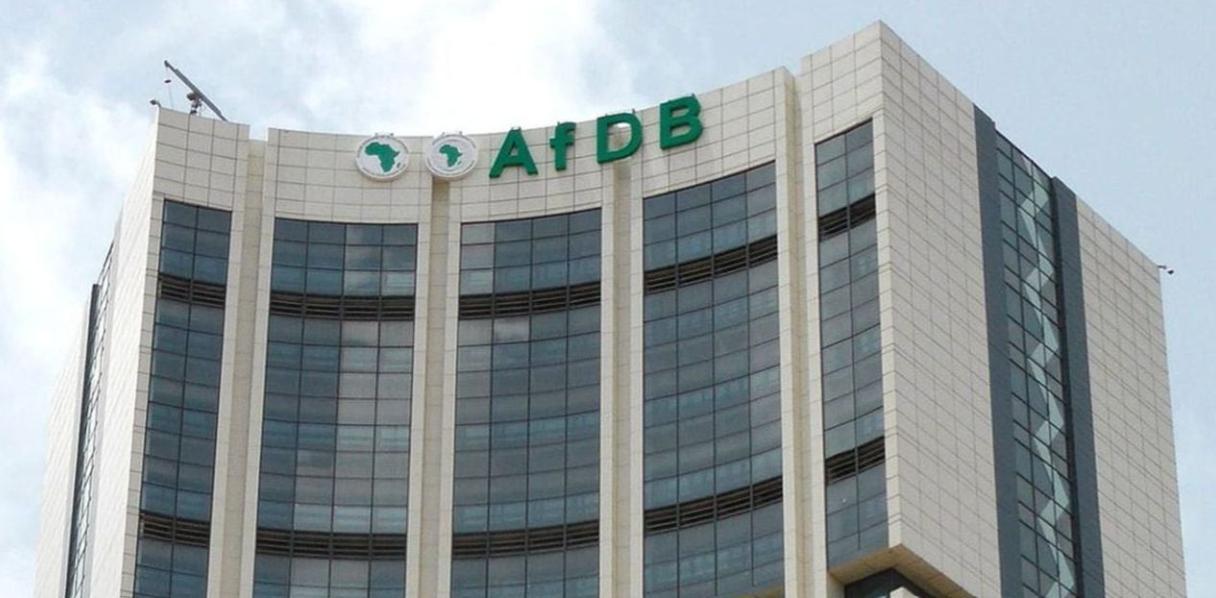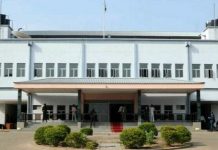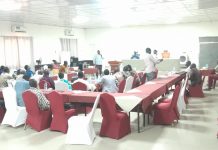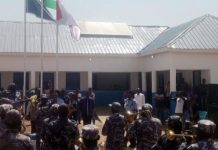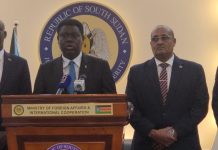Africa-Press – South-Sudan. A new report from the African Development Bank (AfDB) reveals that an alarming 92 per cent of South Sudan’s population now lives in poverty.
Senior National Country Economist of the African Development Bank, Hoth Tot Chany, revealed this during the presentation of the Country Focus Report 2025 at the University of Juba on Wednesday, June 25.
According to the report, the country’s economy has significantly declined due to a combination of factors, including a drop in oil exports and persistent insecurity.
The report indicates a distressing rise in poverty, from 84 per cent in 2023 to 92 per cent in 2024, with projections suggesting the trend could worsen further this year.
This deepening crisis is highlighted by severe food insecurity: between April and July 2025 – the lean season – an estimated 7.7 million people (57% of the total population) are projected to be food insecure.
Adding to the urgency, the World Bank Economic Monitor report for 2025 projects that poverty in South Sudan will become universal by the end of 2025 unless current macroeconomic and insecurity trends are decisively addressed and reversed.
Hoth Tot Chany, Senior National Country Economist of the African Development Bank, underscored the severity of the situation.
“As a consequence of the social indicator, poverty has risen to 92 per cent by 2024,” Chany stated.
“This is based on a survey from the World Bank. It increased from 84 per cent to 92 per cent, because we have lost our source of income, and also due to other internal challenges, including the conflict, insecurity, which have also impacted the agriculture sector.”
“Based on the World Bank report, we find that the poverty indicators will continue to worsen unless and otherwise the challenges facing the country, whether internal and external, are addressed.”
Humanitarian Crisis and Investment Deterrents
The economic woes are compounded by a significant humanitarian challenge. By May 2025, over 1 million individuals had crossed into South Sudan from Sudan since the onset of the conflict in April 2023.
Nearly 700,000 (approximately 68%) are South Sudanese nationals returning home, while the remaining 32% comprise Sudanese and other nationalities seeking refuge.
Both returnees and refugees face immense challenges, including severely limited access to food, shelter, clean water, and healthcare services.
Despite ongoing efforts by humanitarian organizations, available resources are far below the overwhelming needs.
The report further details how pervasive insecurity and persistent political uncertainty have profoundly eroded investor confidence. This has critically impacted the exploration and exploitation of South Sudan’s vital oil, gas, and mining sectors.
Fighting between government and rebel/militia groups, coupled with intercommunal and resource-related violence in oil-producing areas, has deterred potential investors and discouraged the scaling up of existing investments.
International firms that had expressed interest in investing in key oil Blocks B1 and B2 in Jonglei State have either delayed, suspended operations, or completely withdrawn, citing unacceptable risks to personnel and investment returns.
The mining sector, largely artisanal and informal, has also been crippled by conflict and insecurity.
Licensed mining blocks remain undeveloped or underdeveloped, and new geological surveys and exploration activities have been discouraged due to security-related challenges.
Recommendations for Recovery and Sustainable Development:
In light of this critical assessment, the African Development Bank outlined a series of urgent policy recommendations to the Government of South Sudan aimed at enhancing governance, strengthening the rule of law, and improving institutional capacity to support sustainable economic growth:
The report serves as a critical call to action for South Sudan to address its multifaceted challenges and embark on a path toward economic stability and inclusive growth.
For More News And Analysis About South-Sudan Follow Africa-Press

